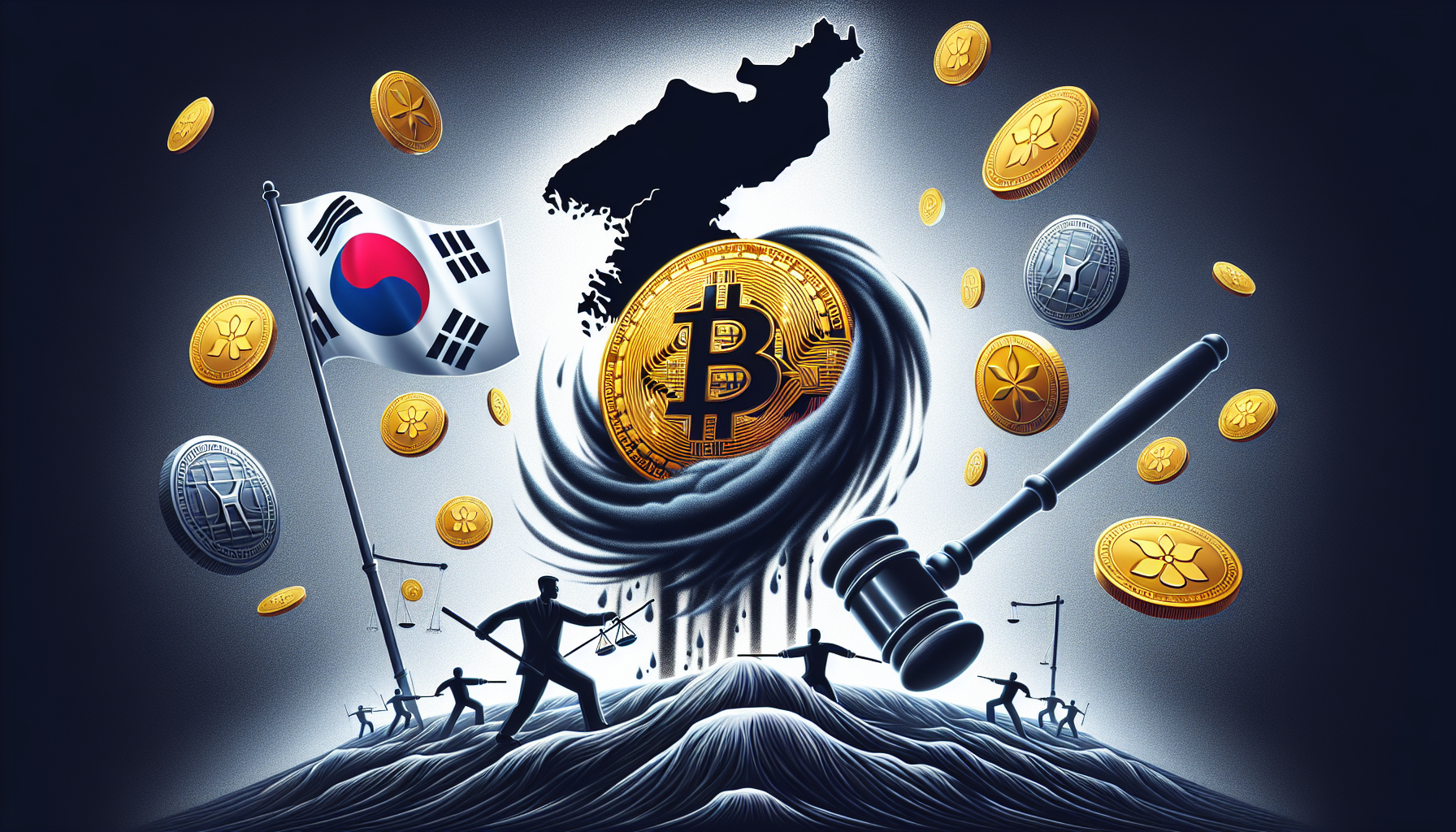Bitcoin and XRP Experience Volatility Amid South Korean Martial Law Declaration
Background
The cryptocurrency market experienced significant turbulence recently following a major political announcement from South Korea. President Yoon Suk Yeol declared "emergency martial law" on a late Tuesday evening, citing concerns about the nation's governance and opposition's alleged affiliations that could undermine the government. As a result, the crypto market, which closely follows global news and political developments, saw a rapid and notable response.
Immediate Market Impact
Shortly after the announcement, major cryptocurrencies such as Bitcoin (BTC) and XRP witnessed a steep decline of up to 30% against the Korean won on various South Korean exchanges, notably Upbit. This reaction highlights the sensitivity of cryptocurrency prices to geopolitical and macroeconomic factors. The immediate fall in cryptocurrencies was, however, followed by a recovery, demonstrating the volatility and speculative nature of the market.
For instance, Bitcoin's price plummeted from $96,000 to $63,000 in U.S. dollar terms before stabilizing. This dramatic price action underscores both the liquidity and the influence South Korean traders have on the global crypto markets. Often likened to setting the pace in price movements, South Korean exchanges like Upbit and Bithumb frequently report trading volumes that exceed those of large international platforms such as Binance and Coinbase.
Exchange Response
In the wake of the market volatility, leading South Korean exchanges Upbit and Bithumb issued alerts about delays in their service performance. This surge in user activity demonstrates the heightened interest and frenetic trading that occurred following the declaration of martial law. The notice serves to remind traders of the potential technical issues that can arise during periods of intense trading activity.
Broader Market Implications
The events in South Korea serve as a significant reminder of the broader implications political events can have on the cryptocurrency markets. They underscore the necessity for traders and investors to remain vigilant of global developments, particularly those occurring in regions with substantial trading activity.
Final Thoughts
The recent market volatility in response to South Korea's political developments highlights the interconnectivity between politics and cryptocurrency. As these digital assets become increasingly integrated into global financial systems, such episodes might become more common. Traders and investors should remain aware of how exogenous factors, like political announcements, can lead to sudden market shifts.
In this fast-paced digital currency world, staying informed and prepared is crucial. Regularly monitoring not just market pricing but also geopolitical news allows for better investment decision-making. It's in moments like these that the crypto community witnesses the delicate balance between innovation, market sentiment, and real-world events.

